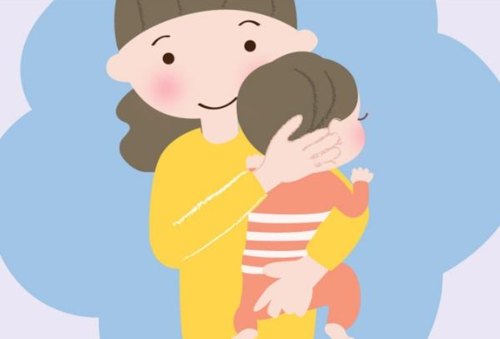For a long time, Xiao Ming adhered to the saying, “Those close to cinnabar turn red; those close to ink turn black,” until personal experiences deepened his understanding of it. Some of his friends had bad habits, frequently inviting him to spend nights indulging in games, drinking, and even trying risky behaviors. At first, Xiao Ming was confident in his ability to resist temptation, but over time, he found himself entangled in these vices, struggling academically and facing health issues. His mother often reminded him to choose friends wisely, a piece of advice that Xiao Ming now deeply understands.
A groundbreaking study from Rutgers University suggests that the genetic makeup of friends may have a significant impact on your health. The research, led by Professor Jessica E. Salvatore and published in the American Journal of Psychiatry, reveals that the genetic composition of friends during adolescence may long-term influence the risk of developing issues such as drug abuse, alcohol dependence, and mental health disorders like depression and anxiety in adulthood. This phenomenon is referred to as the “social genetic effect.”
Professor Salvatore’s team utilized extensive data from Sweden, analyzing records of over 1.5 million Swedes born between 1980 and 1998, focusing on the impact of peer social genetics on various mental disorders. The study showed that even when excluding individual genetic predispositions and family background factors, peer genetic tendencies remained closely related to the risks of drug abuse and mental disorders, particularly significant during high school, with a notable impact on substance abuse and relatively smaller effects on severe depression and anxiety.
Why do friends’ genes have such influence over us? Professor Salvatore speculates that the hereditary traits of friends may affect their behavioral patterns, including social styles, stress management methods, and lifestyle habits, while interactions among peers further amplify these genetic effects. Notably, even if friends themselves do not exhibit related symptoms, their genes may still subtly influence your health risks.
This research offers a new perspective on intervention strategies, emphasizing the need to focus on prevention measures based on social networks. Educational institutions and communities can promote collective health education, guiding adolescents to build a positive social environment. Long-term behavioral guidance is particularly crucial; cultivating positive friendship circles and habits during adolescence will have lasting beneficial effects on health in adulthood.
The choice of friends is extremely critical, not only because their behaviors directly affect us but also because the traits in their genes reshape our life paths in subtle ways. While science reveals these deep connections, the decision ultimately rests in each individual’s hands. Therefore, choose your friends wisely, letting them become a solid support for maintaining your healthy life.


